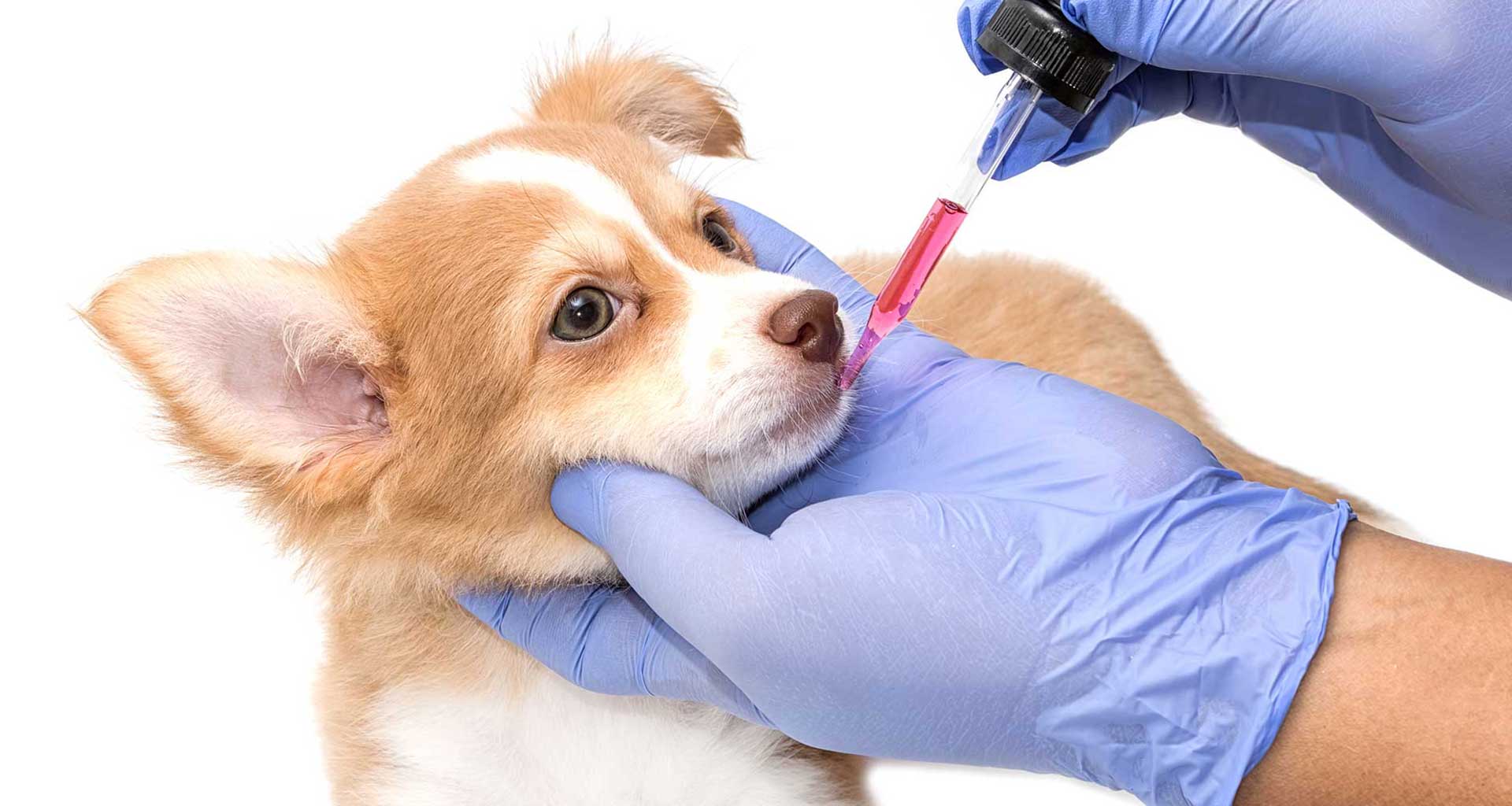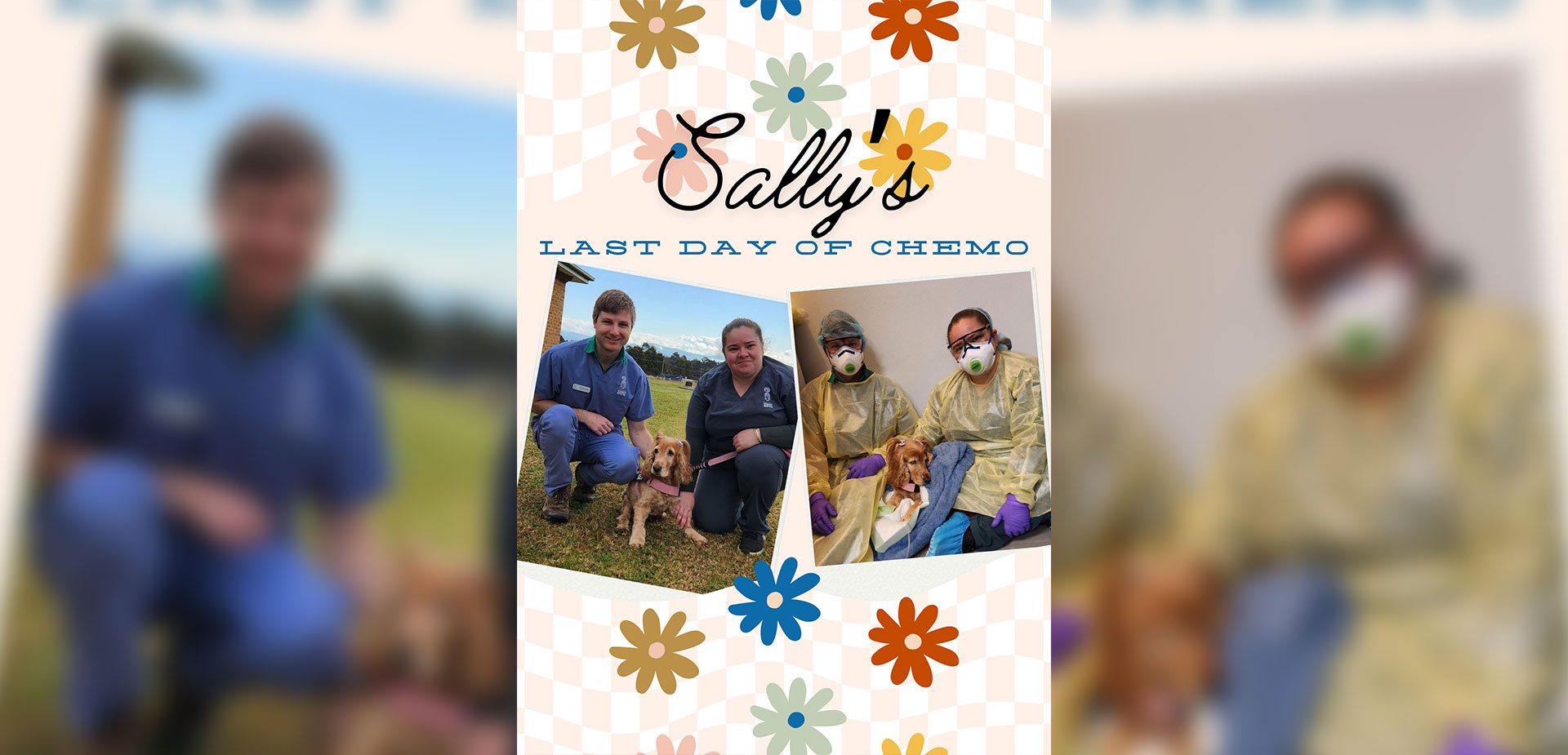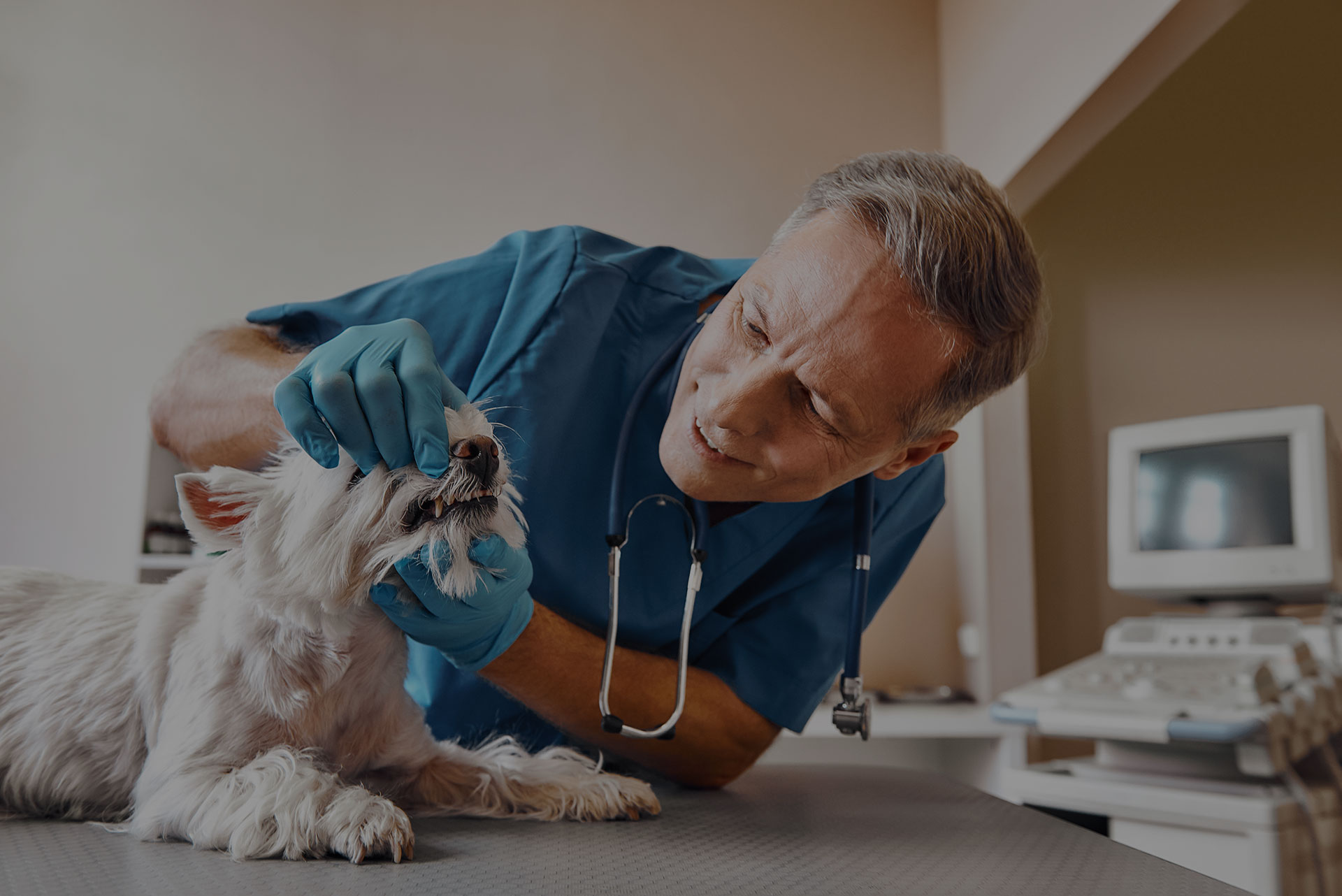Your dog has been diagnosed with heartworm via a blood test. The adult heartworm lives in the heart and lungs causing inflammation and damage to these organs. In many dogs, there may be no outward signs of infection when it is the early stage of the disease. As time progresses and damage occurs, your dog will develop signs of heart and lung disease so it is essential treatment is started as soon as possible.
The following treatment protocol is the most effective and safest means of treating heartworm disease. The aims of this treatment protocol are
- reduce inflammation that may be present in the heart and lungs
- weaken and then kill the adult heartworms
- eliminate any immature heartworms
- prevent new infections
- minimise treatment complications
One of the most important things you can do to minimise treatment complications is to restrict your dog’s exercise. When adult heartworms die, they collapse and are pushed into the smaller branches of the blood vessels that supply blood to the lungs. During exercise blood flow increases in the lungs, and it is more likely worms will be pushed deeper into the blood vessels and block the blood flow to the lung tissue. This can result in severe complications and possibly death. It is essential your dog is not allowed to exercise for the entire treatment period plus the next 6-8 weeks after treatment has been completed. We recommend keeping your dog confined to a small area such as a crate, room or pen and keeping it on a lead when going outside.
The Treatment Protocol
Stage 1 of Treatment: Preventive and Antibiotic, Steroid Medications
Your dog will be started on the annual heartworm prevention injection (Proheart SR-12) which will be administered during a day stay in hospital. Although extremely rare, adverse reactions may occur when giving the preventive injection to a heartworm positive dog so prior to being given the injection, your dog will be given an antihistamine injection and a steroid injection to reduce the risk of adverse reactions. Your dog will be monitored for the day in hospital.
Your dog will go home with two medications, an antibiotic called doxycycline and steroid tablets which will be given for the next 4 weeks. The antibiotic kills a specific bacteria that lives in the adult heartworm which helps it survive and reproduce. By killing the bacteria, the adult heartworms are weakened and we decrease the likelihood of complications from adulticide treatment and increase the likelihood of complete elimination of the infection. The steroid tablets help reduce any inflammation that may be occurring in the heart and lungs. You may notice an increase in appetite and thirst due to the steroid tablets.
After the first 4 weeks of medication, a “rest” period of another 4 weeks will occur prior to giving the first adulticide injection (injection that kills the adult worms).
Stage 2 of Treatment: First Adulticide Treatment
Immiticide is the drug we use to kill adult heartworms. It is given as an intramuscular injection on 3 occasions. The first injection is given on day 60 after starting treatment and the 2nd and 3rd are given on days 90 and 91 respectively. This protocol has been proven to be the most effective with the least risk of complications.
Your dog will be admitted to hospital for a day stay. We will give a pain relief injection prior to giving the Immiticide as intramuscular injections can be painful. We will observe your dog for the day after giving the injection.
Your dog will go home with steroid medication (the same as previously) for another 4 weeks. It is absolutely essential your dog’s exercise is restricted – the importance is now even greater as this is the time period when the adult worms will start to die.
Stage 3 of Treatment: Second and Third Adulticide Treatments
The second and third Immiticide injections are given on day 90 and 91. Once again your dog will be admitted to hospital for each of these injections and will receive pain relief prior to the injection. Your dog will again be given steroid tablets for a final 4 week course.
It is essential to continue exercise restriction for at least another 6-8 weeks.
Stage 4 of Treatment: Testing to Assess Treatment Success
A general health check will be done and a blood sample taken to check for microfilariae (baby heartworms) on day 120. At this stage, as long as there are no microfilariae present, we may advise you to start slowly increasing the amount of exercise that is done.
A further test to check for the antigen that adult heartworms produce, will be done at day 270 after starting treatment. Once again a general health check will be done and a blood sample taken. If this test is clear, your dog is clear of infection and can resume normal activity.
If either of the above tests show infection is still present, a recommendation will be made for further treatment and exercise restriction needs to be maintained.
What you need to do
Throughout the recovery period, please watch your pet for coughing, gagging, vomiting, diarrhea, or loss of appetite. Excessive sluggishness, respiratory distress, and coughing up blood are signs of a serious problem that require immediate veterinary attention. The most important thing you can do to minimize complications during treatment is to restrict your dog’s exercise before, during and after the Immiticide injections.


